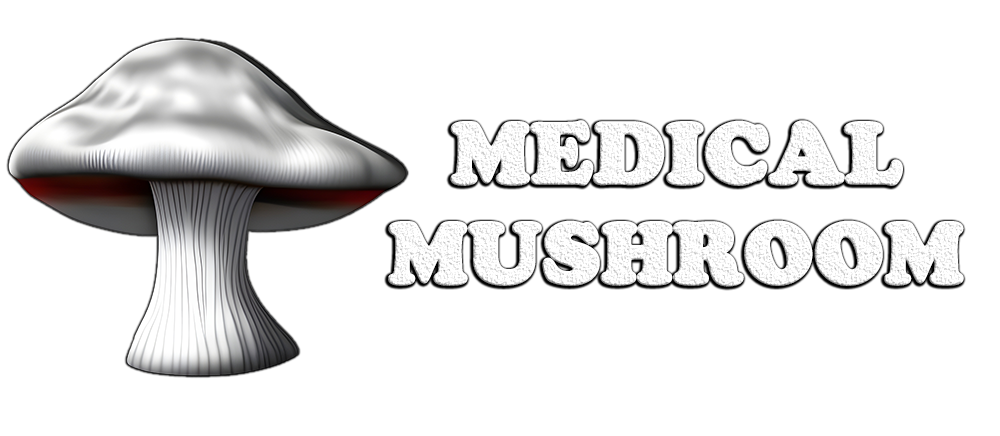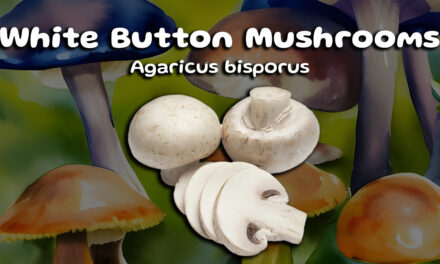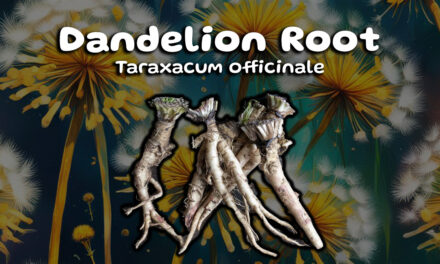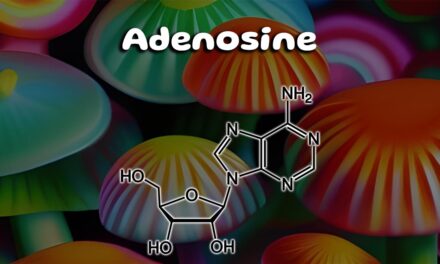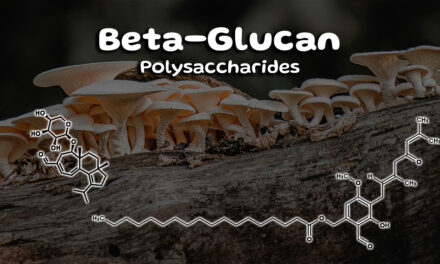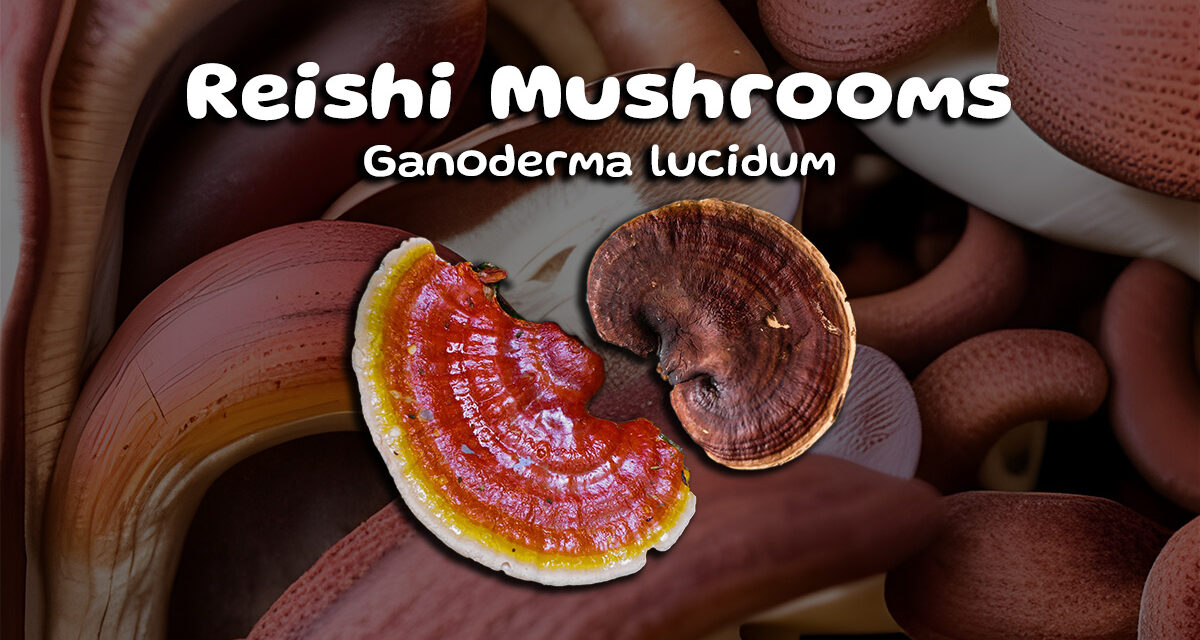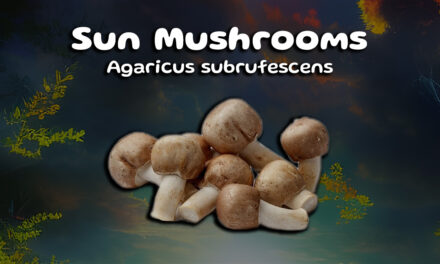There are some amazing health benefits to obtain from Reishi mushrooms. Also known as Lingzhi or Ganoderma lucidum, these mushrooms have been used for centuries in traditional medicine and are now gaining popularity in the Western world. In this article, we will explore the brief history, health benefits, and some basic evidence supporting the use of Reishi mushrooms.
What are Reishi Mushrooms?
Reishi mushrooms are a broad genus of fungi that grow on trees in hot and humid regions of Asia and South America. They generally have a distinctive appearance, with a shiny, reddish-brown cap and a woody stem. Reishi mushrooms have been used for over 2000 years in traditional Chinese medicine to promote longevity and improve overall health. They are believed to have a range of health benefits, including boosting the immune system, reducing inflammation, and improving mental clarity.
History and origin of Reishi
Reishi mushrooms have a long and fascinating history. They were first mentioned in Chinese medical texts over 2000 years ago, where they were referred to as the “elixir of life” and the “herb of spiritual potency.” In ancient Chinese culture, Reishi mushrooms were reserved for royalty and were believed to have magical properties that could grant immortality.
Over time, Reishi mushrooms became more widely available and were used by people of all social classes to improve their health. They were also used in Japanese and Korean traditional medicine, where they were known as “Mannentake” and “Yeongji,” respectively. Today, Reishi mushrooms are widely cultivated and are available in various forms, including capsules, teas, and powders.
What are the health benefits of Reishi?
Reishi mushrooms are renowned for their health benefits. They are believed to have a range of medicinal properties, including anti-inflammatory, antioxidant, and immune-boosting effects. Some of the most significant health benefits of Reishi mushrooms include:
Boosting the immune system
One of the most well-known benefits of Reishi mushrooms is their ability to boost the immune system. Studies have shown that Reishi mushrooms contain compounds that can increase the activity of white blood cells, which are responsible for fighting infections and diseases. This makes Reishi mushrooms particularly useful for people with weakened immune systems or chronic illnesses.
Reducing inflammation
Inflammation is a natural response that occurs in the body when it is trying to heal itself. However, chronic inflammation can lead to a range of health problems, including heart disease, diabetes, and cancer. Reishi mushrooms contain compounds that can help reduce inflammation in the body, making them a potentially useful tool for managing chronic inflammation and as well as a potential cancer fighter.
Improving mental clarity
Reishi mushrooms are believed to have a calming effect on the mind, helping to reduce stress and improve mental clarity. They contain compounds that can help regulate the production of certain neurotransmitters, which are responsible for regulating mood and cognition. This makes Reishi mushrooms a potentially useful tool for managing stress and anxiety.
Scientific evidence supporting Reishi’s medical benefits
While Reishi mushrooms have been used in traditional medicine for centuries, it is only in recent years that scientists have begun to study their medical benefits in more detail. There is now a growing body of scientific evidence to suggest that Reishi mushrooms may have a range of health benefits.
For example, a 2012 study published in the Journal of Ethnopharmacology found that Reishi mushrooms could help improve immune function in people with advanced-stage cancer. Another study published in the Journal of Traditional and Complementary Medicine found that Reishi mushrooms could help reduce inflammation in people with rheumatoid arthritis.
The active ingredients in Reishi
Reishi mushrooms contain a range of active compounds that are thought to be responsible for their health benefits. These compounds include beta-glucans, triterpenes, and polysaccharides. Beta-glucans are believed to have immune-boosting effects, while triterpenes are thought to have anti-inflammatory and anti-tumor effects. Polysaccharides are believed to have antioxidant properties and may help regulate blood sugar levels.
Preparing Reishi for consumption
Reishi mushrooms can be consumed in a variety of forms, including teas, capsules, and powders. To prepare Reishi tea, simply steep dried Reishi slices in hot water for several minutes. To take Reishi capsules or powders, follow the instructions on the packaging. It is important to note that Reishi mushrooms have a very strong bitter taste, so you may want to add honey or another sweetener to your tea to make it more palatable.
Capsules and powders are the most common forms of Reishi supplements and are easy to take. Extracts are more potent and may contain higher concentrations of active compounds, but can be more expensive.
Potential side effects and precautions
While Reishi mushrooms are generally considered safe, they can cause side effects in some people. These side effects may include dizziness, dry mouth, and digestive issues. Reishi mushrooms may also interact with certain medications, so it is important to speak to your doctor before taking Reishi supplements if you are on any medication.
Final Thoughts
In conclusion, Reishi mushrooms are a powerful tool for promoting overall health and wellbeing. They have been used for centuries in traditional medicine and are now gaining popularity in the Western world. Reishi mushrooms have a range of health benefits, including boosting the immune system, reducing inflammation, and improving mental clarity. So what are you waiting for? Go get some Reishi mushrooms!
